In Conversation: A Physician Discusses COVID-19 & Telemedicine
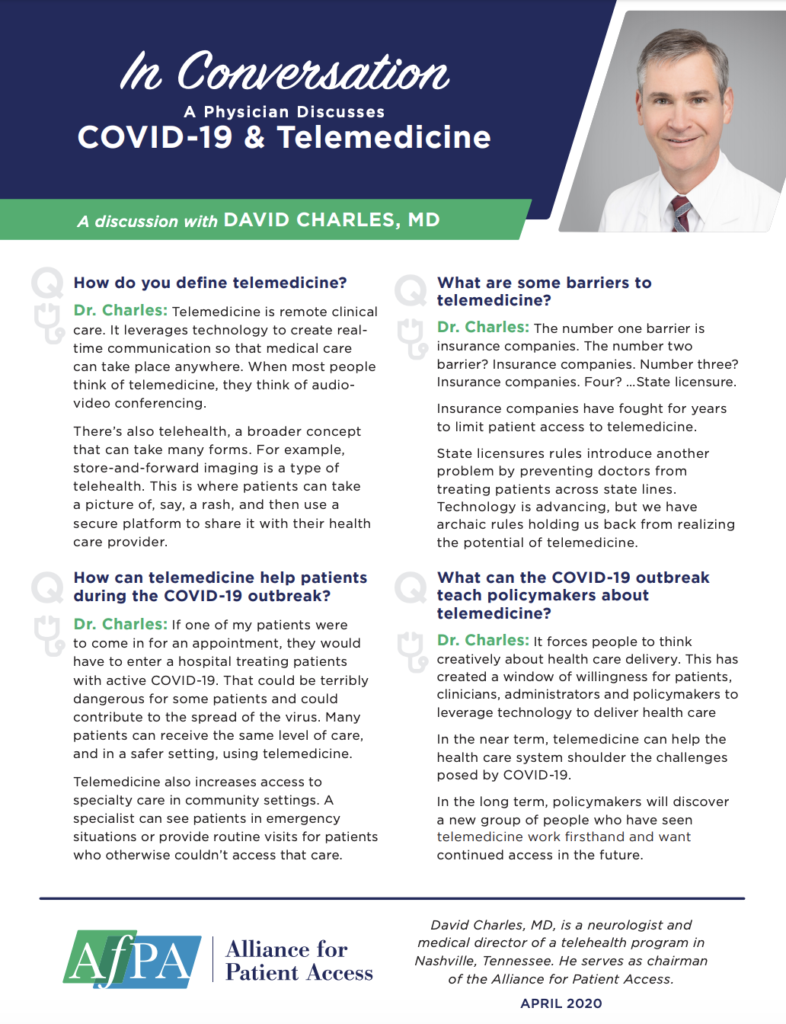
Neurologist and AfPA chairman David Charles, MD, discusses COVID-19 and telemedicine in this Alliance for Patient Access one-pager.
In Conversation: A Physician Discusses COVID-19 & Insurance Prior Authorization
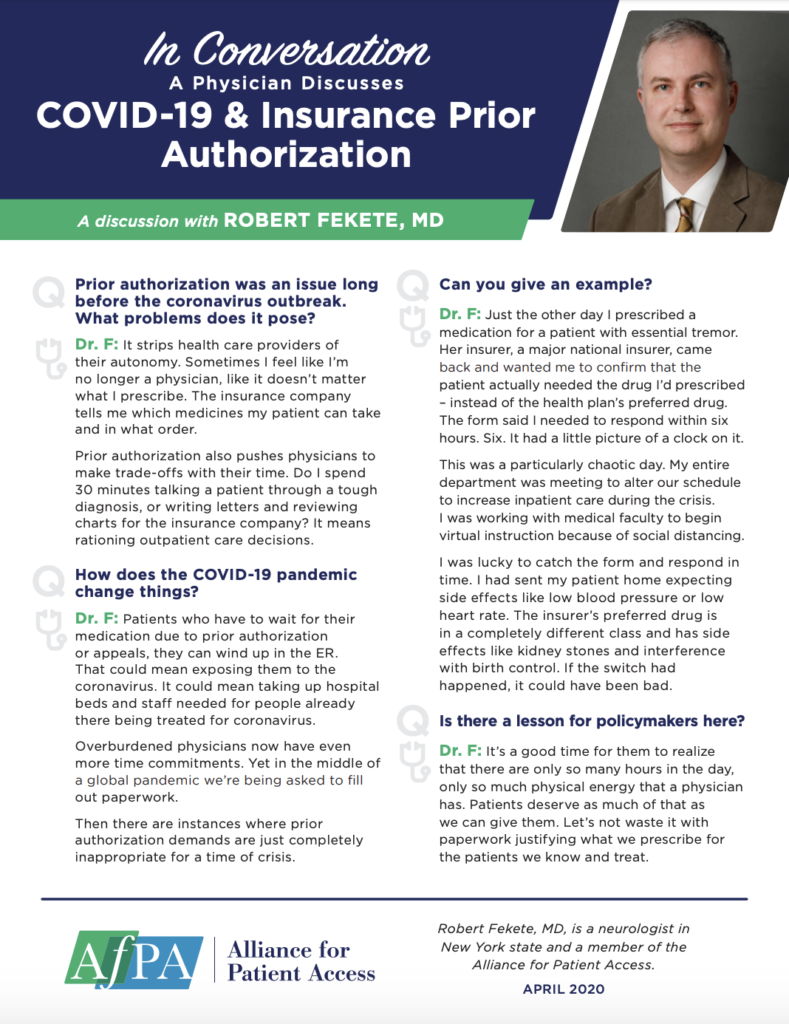
Neurologist Robert Fekete, MD, discusses COVID-19 and insurance prior authorization in this Alliance for Patient Access one-pager.
Botulinum Neurotoxins and Non-Medical Switching
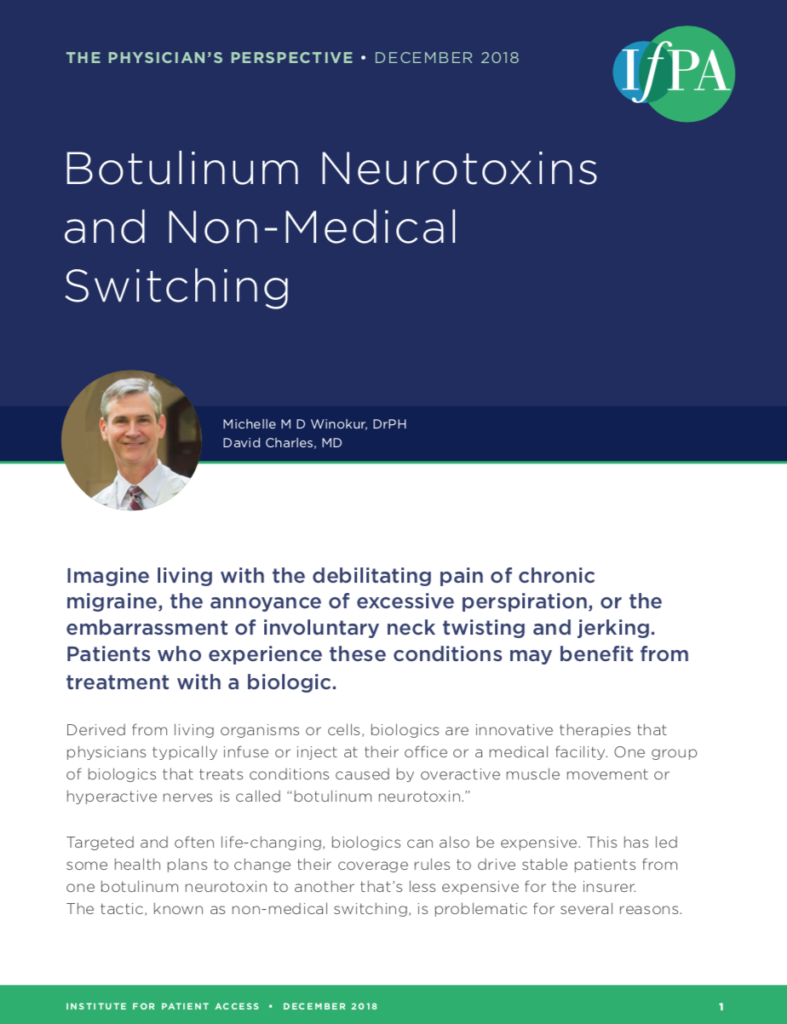
Imagine living with the debilitating pain of chronic migraine, the annoyance of excessive perspiration, or the embarrassment of involuntary neck twisting and jerking. Patients who experience these conditions may benefit from treatment with a biologic. Read the paper here.
Worth It?
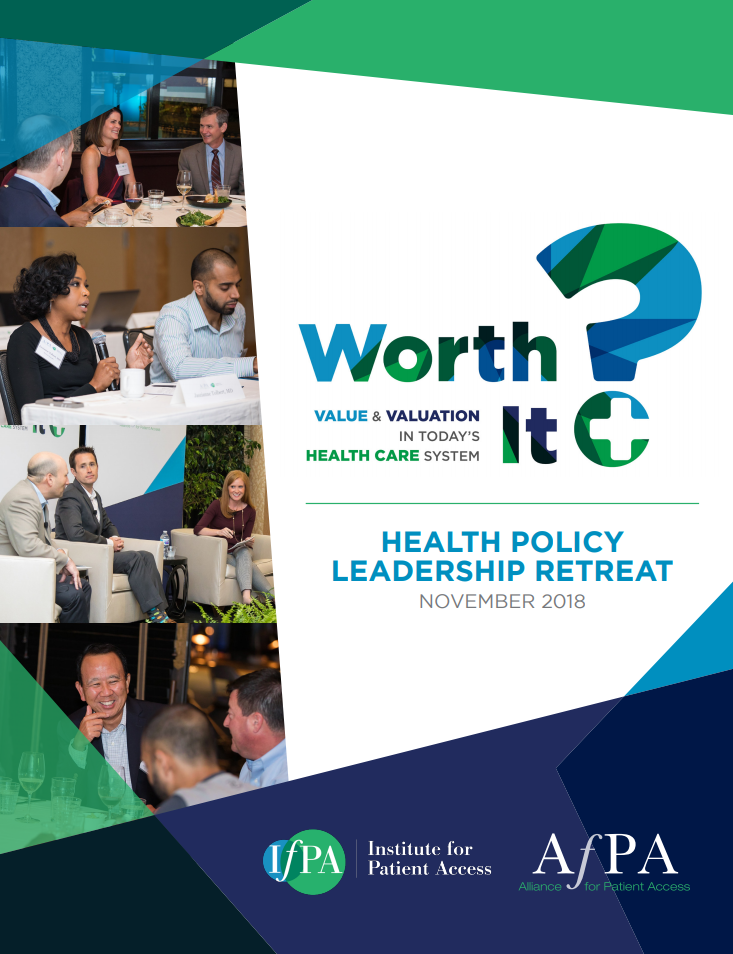
What’s the value of a trusting relationship with a good doctor?
Myths, Facts & Respiratory Syncytial Virus
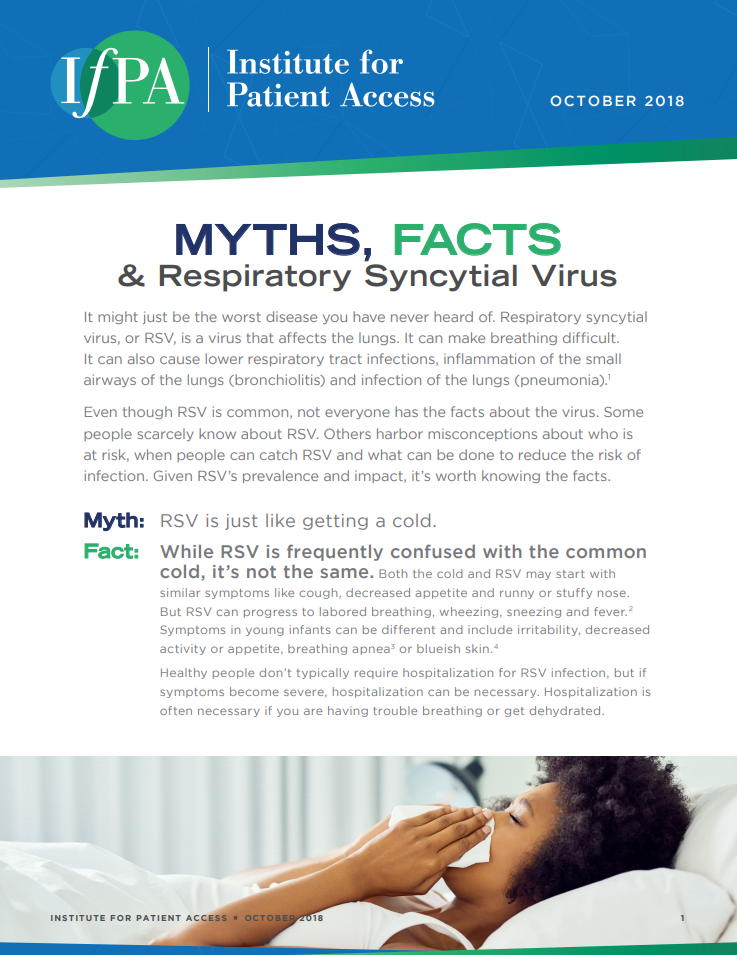
It might just be the worst disease you have never heard of.
Co-Pay Accumulator Programs: What Can Policymakers Do to Protect Patients?
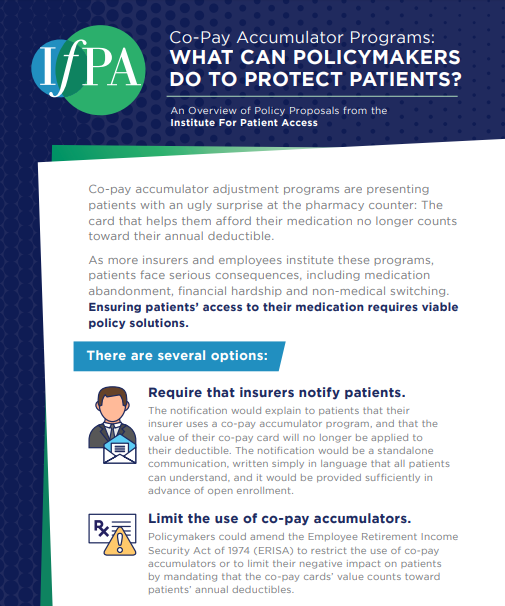
Co-pay accumulator adjustment programs are presenting patients with an ugly surprise at the pharmacy counter: The card that helps them afford their medication no longer counts toward their annual deductible. As more insurers and employees institute these programs, patients face serious consequences, including medication abandonment, financial hardship and non-medical switching. Ensuring patients’ access to their […]
Co-pay Accumulator Adjustment Programs

Not everyone can afford the medication they need. To make drugs more accessible, manufacturers sometimes provide co-pay coupons to help patients cover their out-of-pocket pharmacy expenses.
Physician’s Perspective: Asthma & Non-Medical Switching
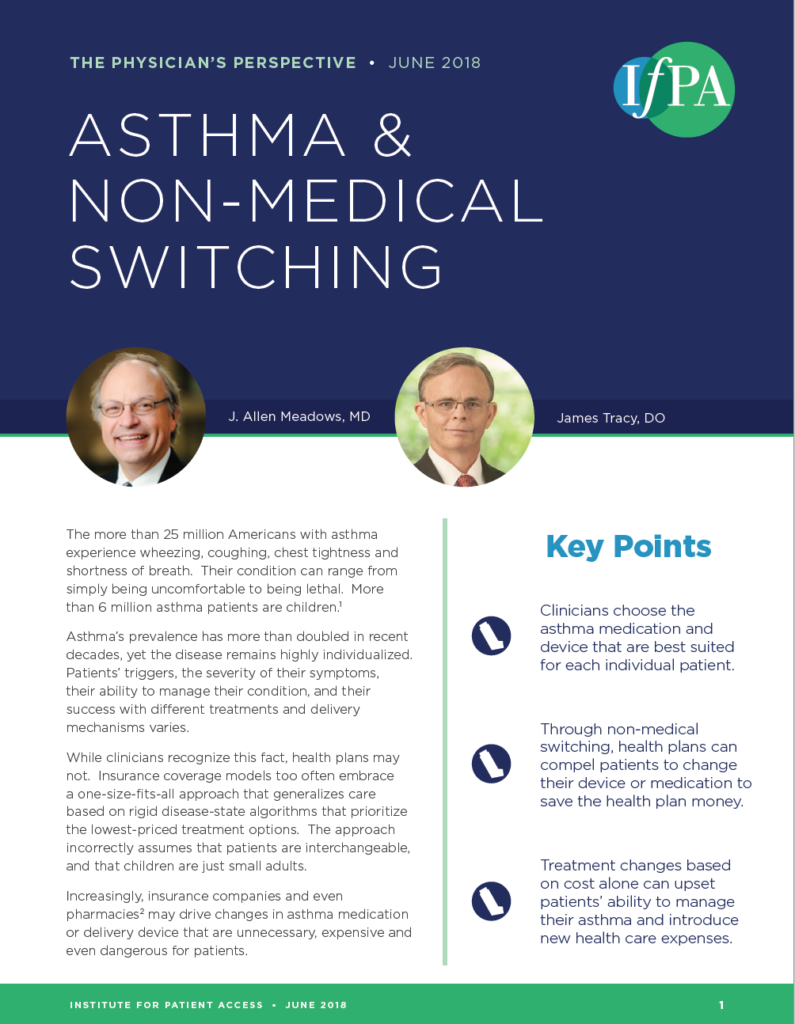
The more than 25 million Americans with asthma experience wheezing, coughing, chest tightness and shortness of breath. Their condition can range from simply being uncomfortable to being lethal. More than 6 million asthma patients are children.1 Asthma’s prevalence has more than doubled in recent decades, yet the disease remains highly individualized. Patients’ triggers, the severity […]
How Physicians View the 340B Drug Pricing Program
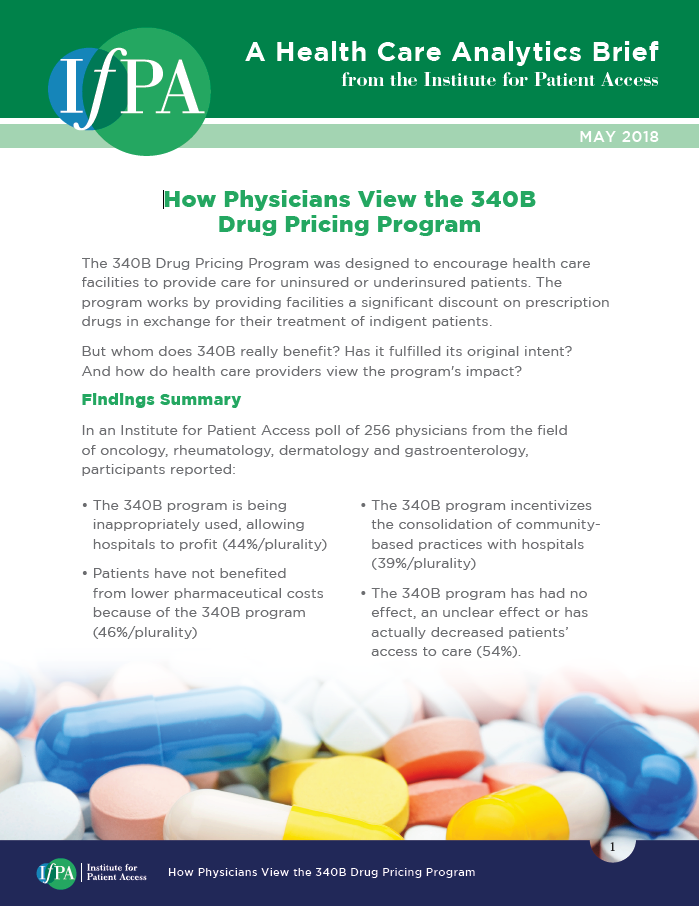
The 340B Drug Pricing Program was designed to encourage health care facilities to provide care for uninsured or underinsured patients. The program works by providing facilities a significant discount on prescription drugs in exchange for their treatment of indigent patients. But whom does 340B really benefit? Has it fulfilled its original intent? And how do […]
Testing and Treating Prisoners for Hepatitis C
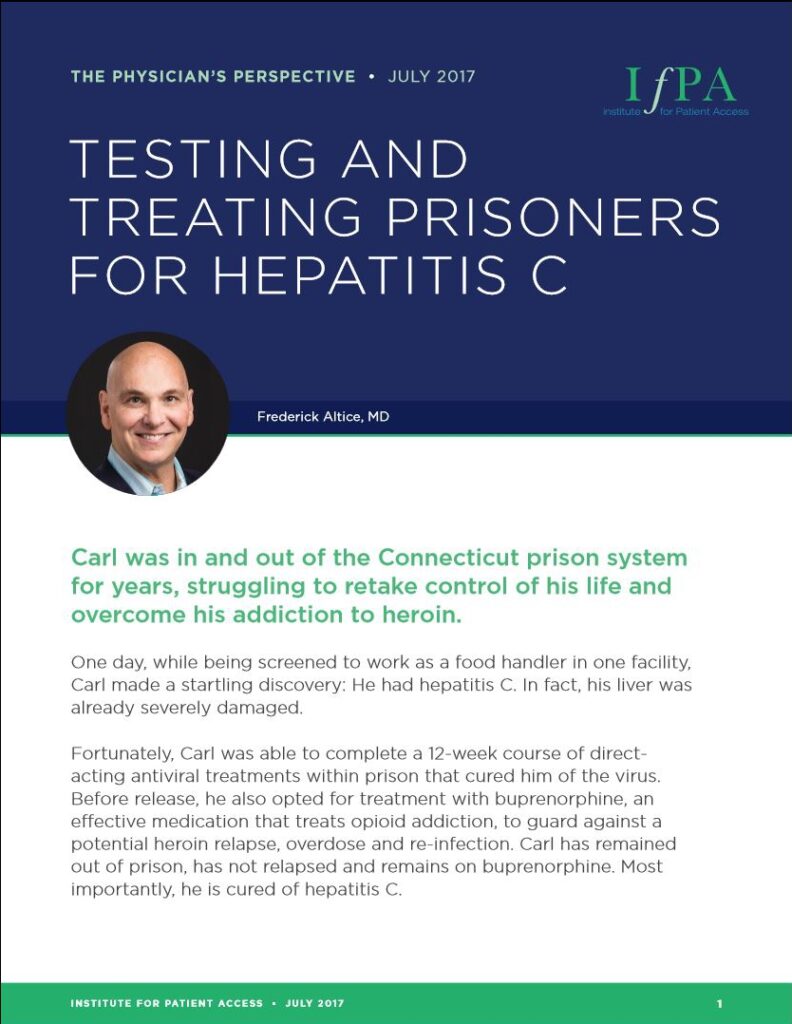
Carl was in and out of the Connecticut prison system for years, struggling to retake control of his life and overcome his addiction to heroin. One day, while being screened to work as a food handler in one facility, Carl made a startling discovery: He had hepatitis C. In fact, his liver was already severely […]

